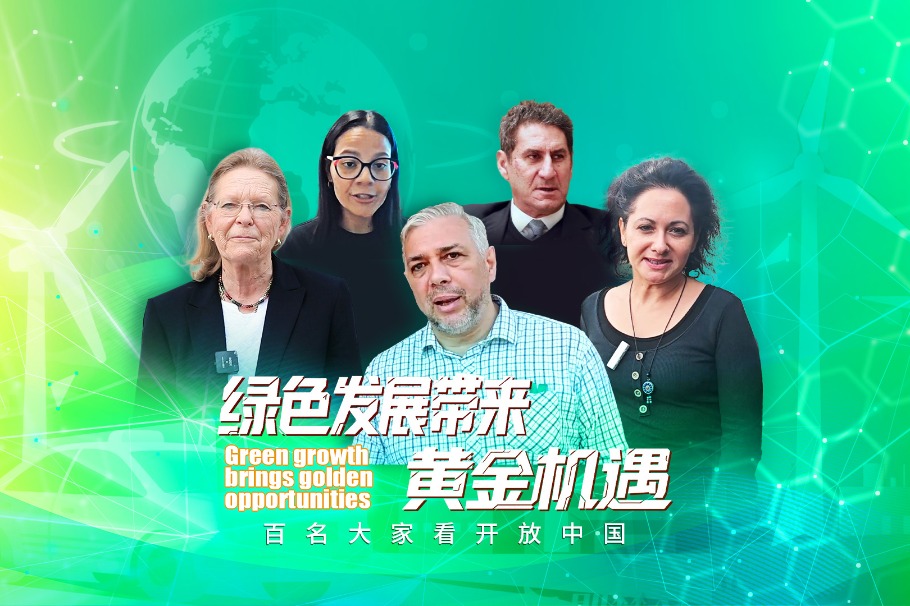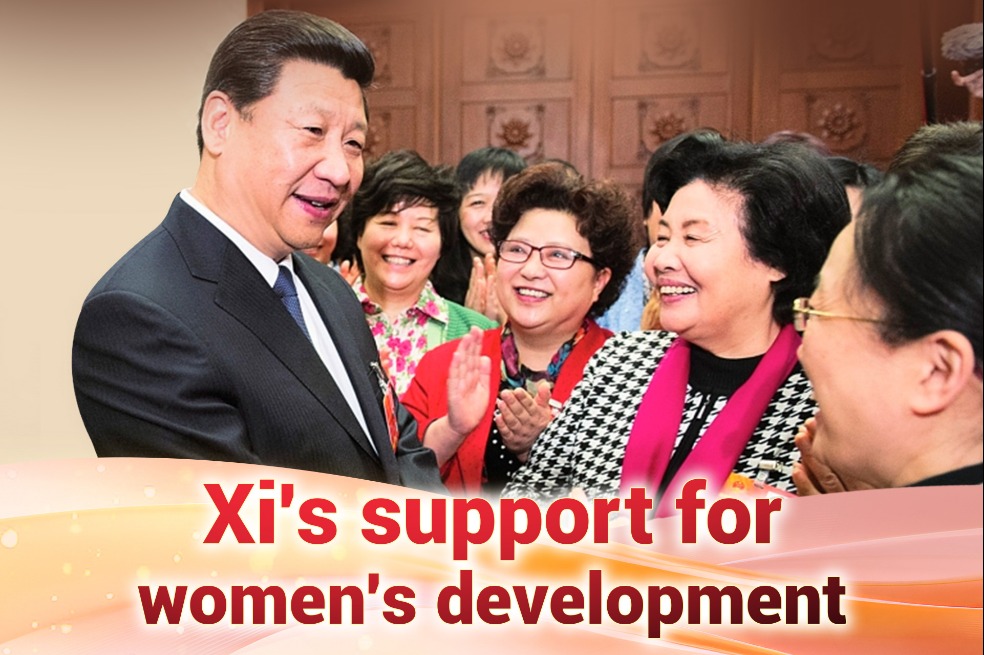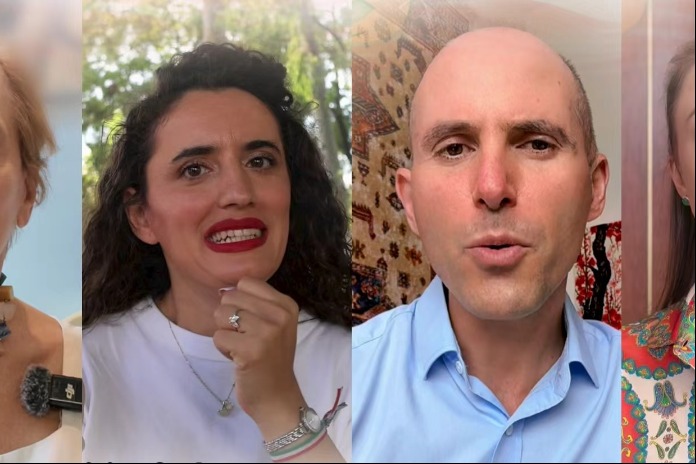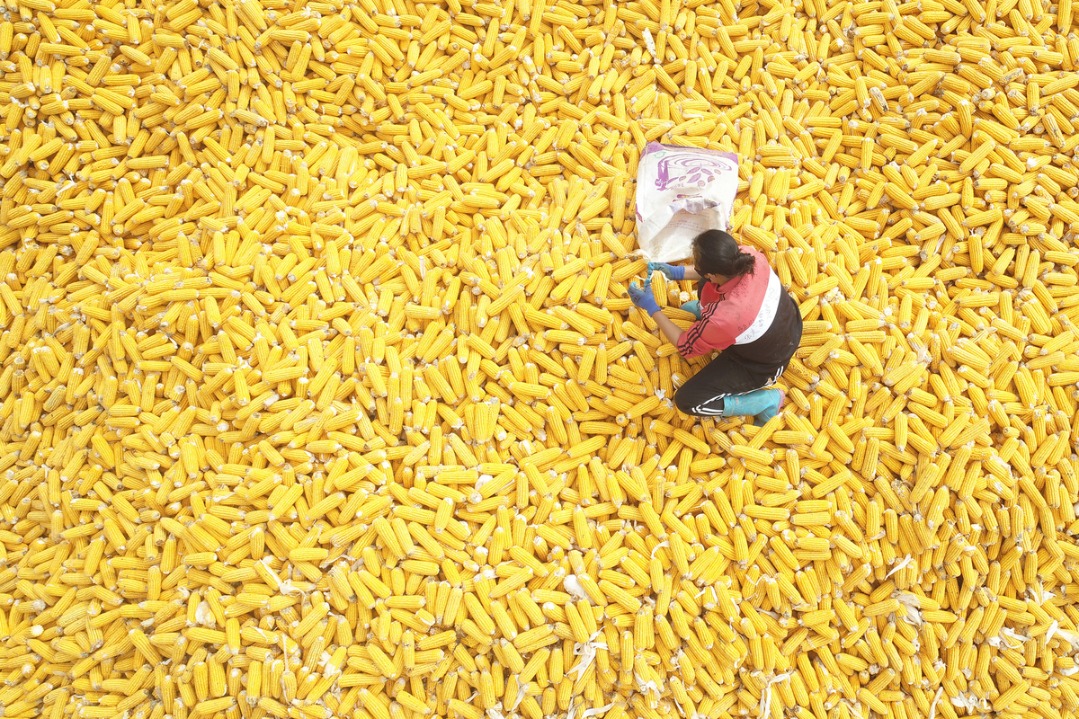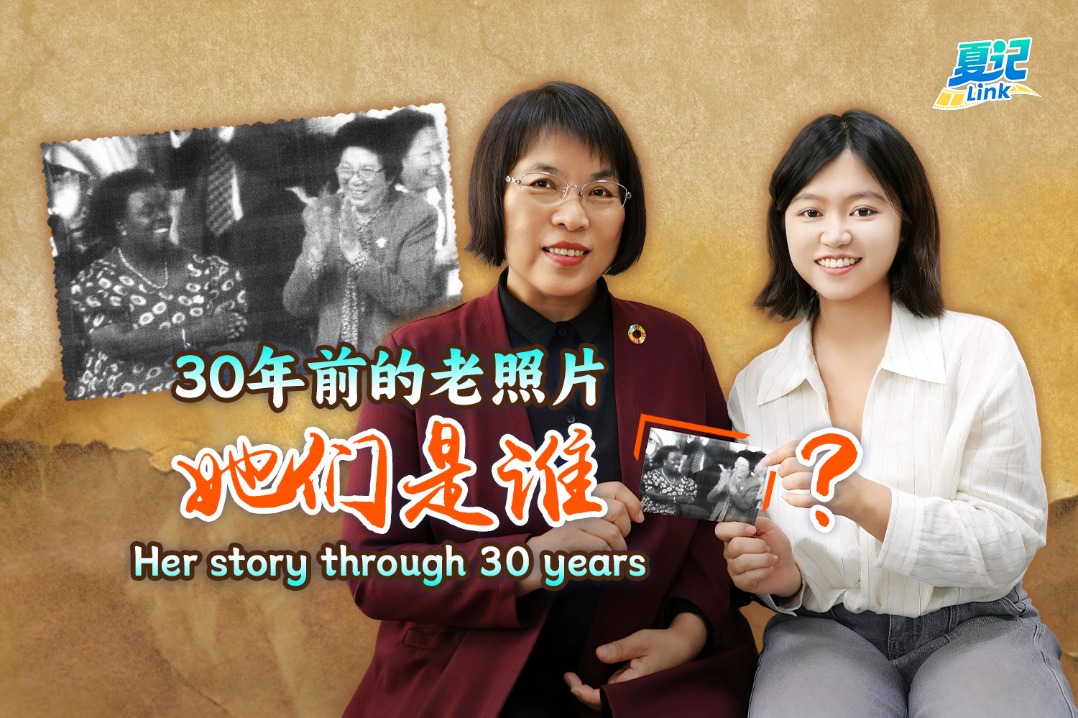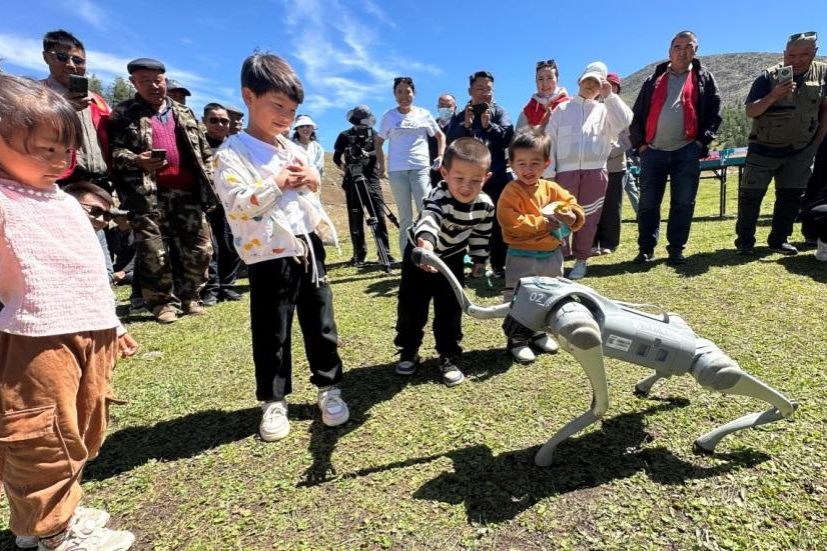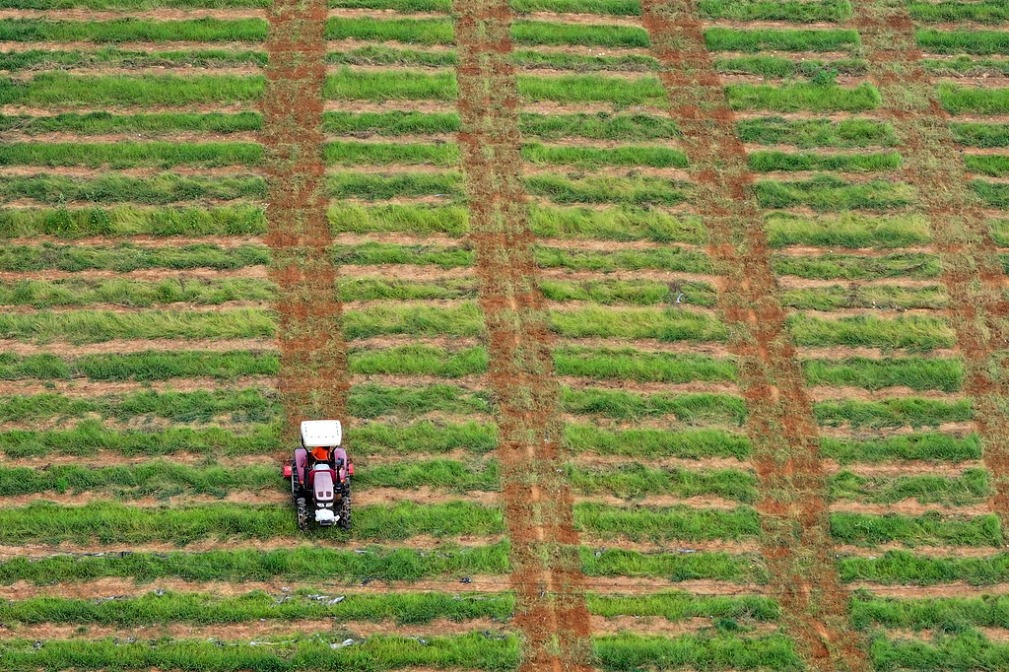Australian Nobel laureate praises China innovations

PERTH, Australia-Even after countless trips, China is still the top travel destination for world-renowned physician Barry Marshall.
Speaking with Xinhua News Agency from his office in the Marshall Center at the University of Western Australia, the Nobel laureate memorialized his decades of engagement with China with souvenirs and keepsakes around his office.
Marshall's connection with China began in the early 1990s with a trip to Guilin, a southwestern Chinese city recommended to him by a Chinese scientist as a place to start a medical business. Though the trip did not last long, the enchanting scenery of the town piqued his deep interest in China.
After Marshall was jointly awarded the Nobel Prize in physiology or medicine in 2005 with Robin Warren for their discovery of the bacterium Helicobacter pylori and its role in gastritis and peptic ulcer disease, he was frequently invited to help raise awareness of Helicobacter pylori infection.
Marshall was deeply impressed with the pace of China's development, as well as the enthusiasm of Chinese universities and institutions for international scientific research, including research cooperation, which later spurred him to conduct cooperation with Shenzhen University in Guangdong province.
"After I won the Nobel Prize, I traveled with the vice-chancellor of the University of Western Australia to Beijing. That was a very interesting trip because that was one year before the Beijing Olympics. There were lots of new scientific activities and innovations in China at that time," he said.
Marshall started to learn Mandarin as he believed that if he could speak and read the Chinese language, it would facilitate his research work in China. Now, his self-introduction in Mandarin is fluent and has often impressed those attending his speeches or lectures.
In 2015, Marshall was awarded the Friendship Award from the Chinese government, the highest award commended to foreign experts who have made outstanding contributions to China's modernization drive.
University cooperation
Now, Marshall is engaged in a project with Shenzhen University, having established the Marshall Laboratory for Biomedical Engineering, which explores the combination of medicine and engineering.
Besides the ongoing research projects, the two sides have also set up a biotech startup to help translate the laboratory's inventions for the market.
Before the COVID-19 pandemic, Marshall used to spend several weeks in Shenzhen every year. Despite the pandemic making international travel challenging, his communication with Chinese partners has never ceased.
"The science interaction between China and Australia has remained very strong. I think the business linkages, the trade and the scientific exchanges all help the bilateral relations," he said.
Xinhua
Today's Top News
- Building a world where women can shape their own future and fulfill their potential: China Daily editorial
- US interests best served by dialogue not coercion: Editorial flash
- China's move on rare earths aimed at safeguarding the industry
- China's express delivery volume tops 150 billion parcels
- MOFCOM spokesperson's remarks on China's economic and trade policies and measures
- China defends rare earth export controls, urges US to manage differences through dialogue
















